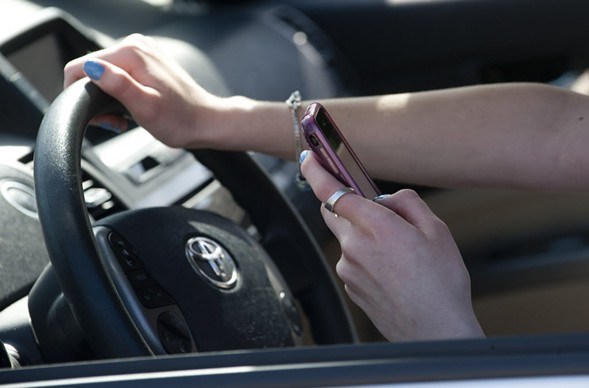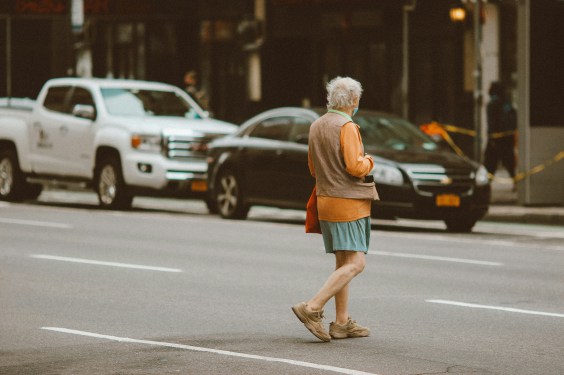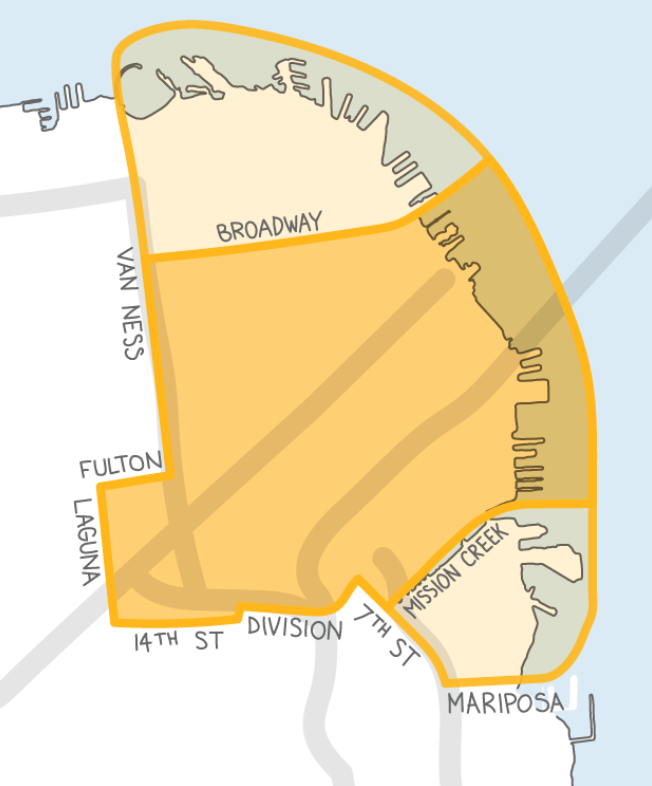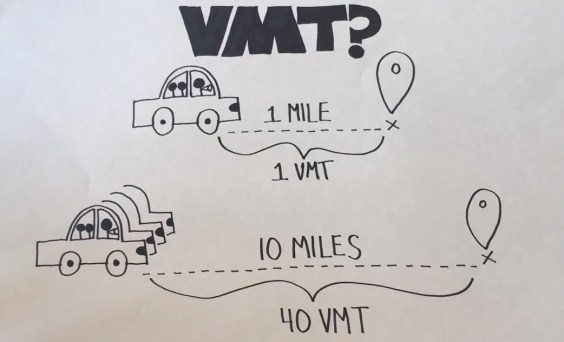[The Chicago Reader publishes a weekly transportation column written by Streetsblog Chicago editor John Greenfield. We syndicate a portion of the column on Streetsblog after it comes out online; you can read the remainder on the Reader’s website or in print.]
In September 2006, Matthew Wilhelm, a 25-year-old mechanical engineering graduate who worked for Caterpillar, was cycling on the shoulder of a two-lane highway east of Urbana when he was fatally struck from behind. Police said the driver, 19-year-old Jennifer Stark, was downloading a ringtone on her cell phone at the time, and she was so far off the road that she hit Wilhelm with the driver's side of the car. She had three recent convictions for speeding and blowing a red light.
Since there was no state law against texting behind the wheel at the time of Wilhem's death, Champaign County state's attorney Julia Rietz decided that there were no grounds to prosecute Stark for reckless driving or reckless homicide. As a result, the motorist was only convicted of improper lane use and received just six months probation and a $1,000 fine—a slap on the wrist.
In response to the tragedy, Wilhelm's parents, Chuck and Gloria, lobbied for the state legislation banning texting, instant messaging, and accessing websites while driving, with some exceptions for police officers and truckers. The bill, called "Matt's Law," went into effect in 2010.
Now, using an electronic device while driving garners Illinois drivers a $75 fine. But if a crash results in serious injuries,the driver can be convicted of a Class A misdemeanor, punishable by fines of up to $2,500 or a year in jail. And if the collision results in a death, there are grounds for a Class 2 felony with the potential for fines of more than $25,000 and a jail sentence of seven years. Similar legislation exist in all but four states.
And yet in 2014 there were 3,179 people killed and an estimated 431,000 injured in crashes involving distracted drivers, according to the National Highway Traffic Safety Administration.
In a surprisingly on-point op-ed recently published by the Tribune, the paper's editorial board argued that, just as Mothers Against Drunk Driving successfully campaigned for stiffer penalties for DUIs in the 1980s, we need a new movement to make texting and driving socially unacceptable.
However, Streetsblog reader Anna Weaver noted that the Tribune piece didn't address a basic question: When there's a serious or fatal crash in the Chicago region, how common is it for the police to examine the driver's cell phone to determine whether distracted driving may have played a role? It's good that Illinois has penalties for texting and driving. But if it's the case that Matt's Law is rarely enforced after major collisions, that undermines its power as a deterrent.
Weaver's question is especially relevant in cases where a pedestrian or bicyclist is killed. Since the victim isn't alive to tell his or her side of the story, if the driver wasn't obviously intoxicated or speeding, police may be inclined to take his or her word that the the dead person "darted" or "swerved" in front of the vehicle. Routinely checking cell records could counter those claims.
Here's what I learned from talking to local law enforcement: According to Chicago Police Department spokesman José Estrada, if there's evidence—such as witness testimony or security camera footage—that a driver was using a phone or other mobile device prior to a serious crash, CPD's Major Accidents Investigation Unit will seek a court order to view the driver's phone records. Officers may confiscate and inventory the device postcrash, but they can't look through its call log without a court order. And receiving permission isn't a given.
"Just like any search warrant, [the Major Accidents division] has to go through an approval process, and the orders aren't always granted," Estrada says.
CPD also indicated that Major Accidents almost always tries to check cell phone records after serious crashes if there is evidence of distracted driving, but almost never does in the absence of evidence. CPD declined to estimate what percentage of search warrant requests are denied.






